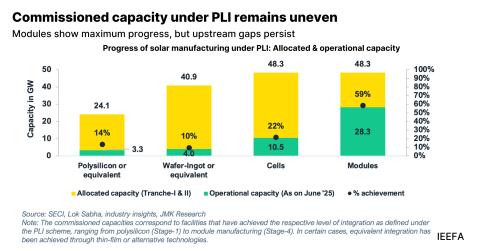High-Cost Narrabri Gas of No Value to Santos or Consumers
Feb. 2, 2017 — Santos’ Narrabri CSG project, which lodged its Environmental Impact Study (EIS) this week, remains unlikely to ever reach commercialization, according to the Institute for Energy Economics and Financial Analysis (IEEFA).
“The project has been a massive loss-making investment for both Santos and its original partner TRUenergy,” said IEEFA analyst Bruce Robertson. “After losing $1.6 billion and pledging no further capital investment, Santos has hived off Narrabri into a separate company with the express purpose of finding a buyer. ”
“Disappointing reserves make a successful sale improbable, and moreover, from an Australian consumer perspective, the high cost of extraction would do nothing to cut the price of gas.”
According to the latest available data from the Australian Energy Market Operator (AEMO), at AUD$7.25/GJ, Narrabri would be the third most expensive in terms of production costs in the whole of the east coast gas market. To put this in a global perspective, the US market average wholesale gas price in 2016 was USD 2.49/mmbtu, equivalent to AUD$3.18/GJ. This is less than half the well-head costs at Narrabri, before factoring in transportation.
“The gas industry is committing highway robbery on the consumer on a daily basis,” said Robertson. “The industry is aiming to free up the cheaper supply available in Australia to sell into the international market, whilst fobbing off high-cost CSG onto Australian households and businesses. The gas from Narrabri is right at the top of the cost curve and would do absolutely nothing to reduce prices.”
Santos purchased the Narrabri project for $924m in July 2011 from Eastern Star Gas and in February 2016, its partner, TRUenergy, took the decision to write off its entire investment of $248m citing a drop in reserves.
After a series of impairments, Santos finally recognised the true worth of their flagship NSW coal seam gas project when it downgraded its resource to “contingent” and also wrote off the entire investment.
In the June 2016 interim result Santos stated that: “the impairment charges have arisen primarily as a consequence of the reduction or delay in future capital expenditure that diminishes or removes the path to commercialisation.”
“The lodgement of an EIS and the pipeline agreement with APA is a last ditch attempt to sell the Narrabri project and retrieve some value from what is clearly a deeply troubled project,” said Robertson.
Media: James Lorenz P +61 400 376 021 james@holdfast.global
ABOUT IEEFA
IEEFA conducts research and analyses on financial and economic issues related to energy and the environment. The Institute’s mission is to accelerate the transition to a diverse, sustainable and profitable energy economy and to reduce dependence on coal and other non-renewable energy resources.











